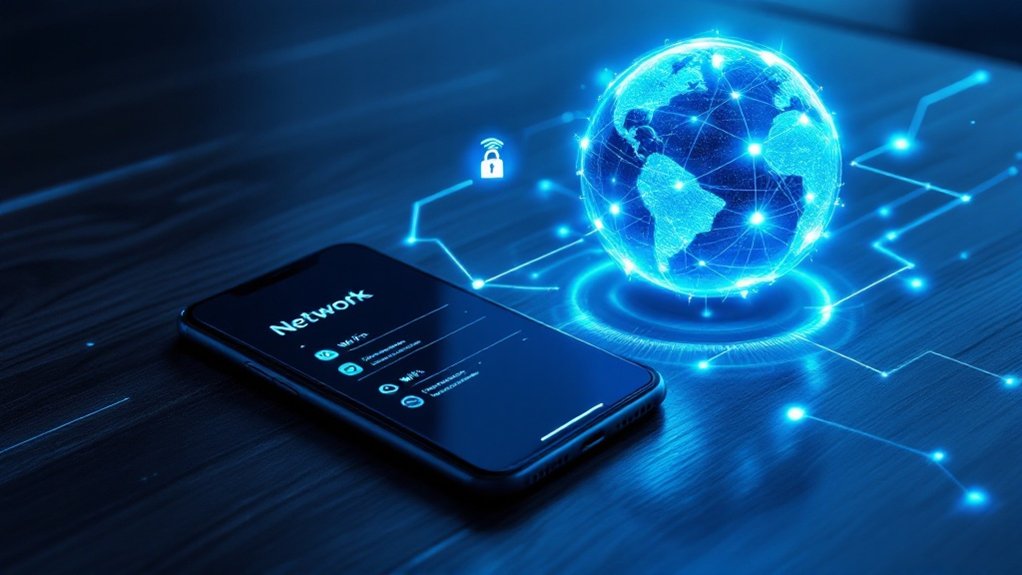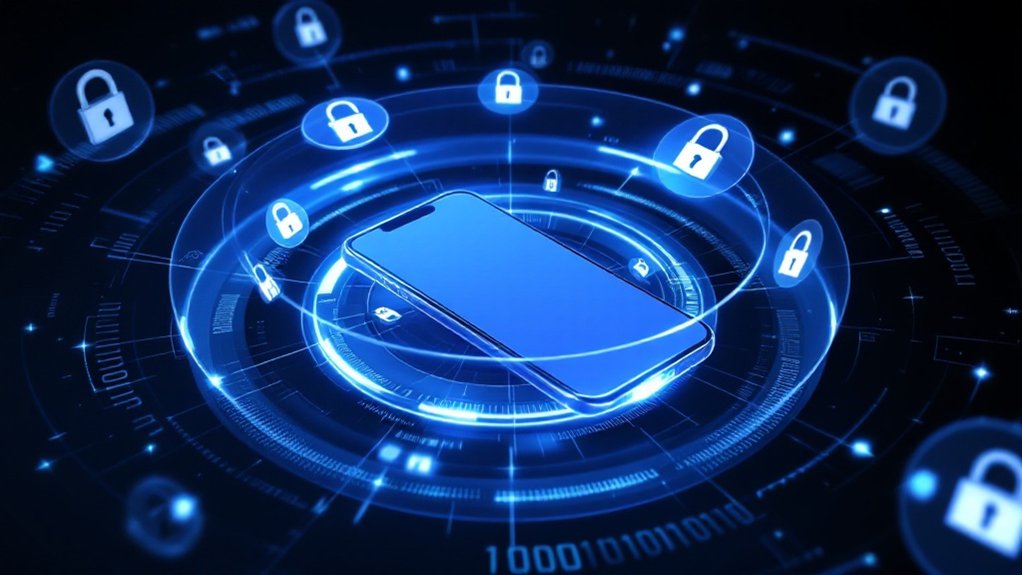LastPass is an all-encompassing password management solution that utilizes AES-256 bit encryption and PBKDF2-SHA256 key derivation to safeguard digital credentials. The platform’s zero-knowledge encryption model guarantees that only users can access their stored passwords, whereas its Digital Vault system allows for secure generation, storage, and management of unique credentials across multiple accounts. Through features like automated password filling, multi-factor authentication, and security monitoring, LastPass notably reduces cybersecurity risks associated with password vulnerabilities, offering deeper layers of protection for both individuals and enterprises.

As password management has become increasingly critical in today’s digital environment, LastPass has emerged as one of the leading solutions for securing online credentials across personal and enterprise contexts. The platform employs a zero-knowledge encryption model utilizing AES-256 bit encryption, combined with PBKDF2-SHA256 key derivation using 600,000 iterations, guaranteeing that user data remains protected even in the event of a security breach. The secure and intuitive password generator helps users create robust authentication credentials for enhanced protection.
LastPass operates through a digital vault system that allows users to generate, store, and automatically fill strong, unique passwords for their various online accounts. This functionality greatly reduces the risk of password reuse, a common vulnerability that cybercriminals exploit to gain unauthorized access across multiple platforms. The platform offers multiple pricing plans that include essential security features such as password sharing and multi-factor authentication. Experts recommend passwords be at least 12 characters long for optimal security against cyber threats.
Digital vaults revolutionize password security by eliminating risky password reuse while automating the creation and management of strong credentials.
The service extends beyond basic password management, offering features such as dark web monitoring, secure credential sharing, and emergency access protocols for designated contacts.
For businesses, LastPass provides extensive enterprise solutions that facilitate centralized password management, customizable security policies, and detailed activity monitoring. Organizations can implement single sign-on integration and scale their password management infrastructure as their workforce grows, all the while maintaining strict access controls and security compliance.
Recent security incidents, including the August 2022 breach of LastPass’s development environment and the December 2022 compromise of customer vault data, have highlighted the importance of maintaining strong security practices. Although no unencrypted passwords were reportedly accessed during these incidents, the events have led to increased scrutiny and subsequent security improvements within the platform.
To maximize the security benefits of LastPass, users are advised to implement several best practices, including regular master password updates and activating multi-factor authentication. The platform’s Security Dashboard helps identify weak or compromised passwords, while periodic security audits guarantee optimal protection of stored credentials.
Though alternative password management solutions exist, including 1Password and Dashlane, LastPass continues to provide a thorough security framework that addresses the complex challenges of modern digital identity protection.
Frequently Asked Questions
Can I Use Lastpass on Multiple Devices Simultaneously?
LastPass offers different multi-device capabilities based on subscription level. Free users are restricted to one device type, either mobile or computer, whereas Premium subscribers ($3.00/month) can access their accounts simultaneously across unlimited devices.
Premium accounts include automatic syncing between devices, with strong security features like AES 256-bit encryption and multi-factor authentication protecting data across all concurrent sessions.
What Happens to My Passwords if Lastpass Servers Go Down?
LastPass users maintain access to their passwords even during server outages through local encryption and storage systems.
The password manager stores encrypted vault copies directly on users’ devices, enabling offline functionality through browser extensions and mobile apps.
Amid downtime, the software continues providing read-only access to stored credentials, simultaneously automatically queuing any changes for synchronization once servers become available again, ensuring uninterrupted password accessibility.
How Does Lastpass Compare to Other Popular Password Managers?
LastPass offers competitive features against major password managers like 1Password, Dashlane, and Bitwarden. Its 256-bit AES encryption matches industry standards, whereas its zero-knowledge architecture provides strong security.
The platform’s $3/month premium plan positions it mid-range in pricing, below 1Password’s $3.99 but above Bitwarden’s $1.67.
LastPass distinguishes itself through thorough dark web monitoring and extensive cross-platform compatibility, though recent security breaches have impacted user trust.
Can Family Members Share Passwords Securely Through Lastpass?
LastPass Family Plan facilitates secure password sharing between up to 6 family members through end-to-end encrypted vaults.
Members can share individual passwords or create unlimited shared folders with customizable permissions, as well as maintaining zero-knowledge security protocols.
The system allows families to safely manage shared accounts, such as streaming services, all the while ensuring passwords remain encrypted during transit between vaults and providing automatic notifications for weak credentials.
Does Lastpass Work With Biometric Authentication Like Fingerprint Scanners?
LastPass fully supports biometric authentication across multiple platforms, allowing users to access their password vaults through fingerprint scanners and facial recognition.
The service integrates with Windows Hello for desktop access and utilizes native biometric sensors on Android and iOS devices.
This authentication method adheres to FIDO standards, providing improved security as it removes the need for manual master password entry during routine vault access.









